You Should All Know These 6 Travel Safety Tips
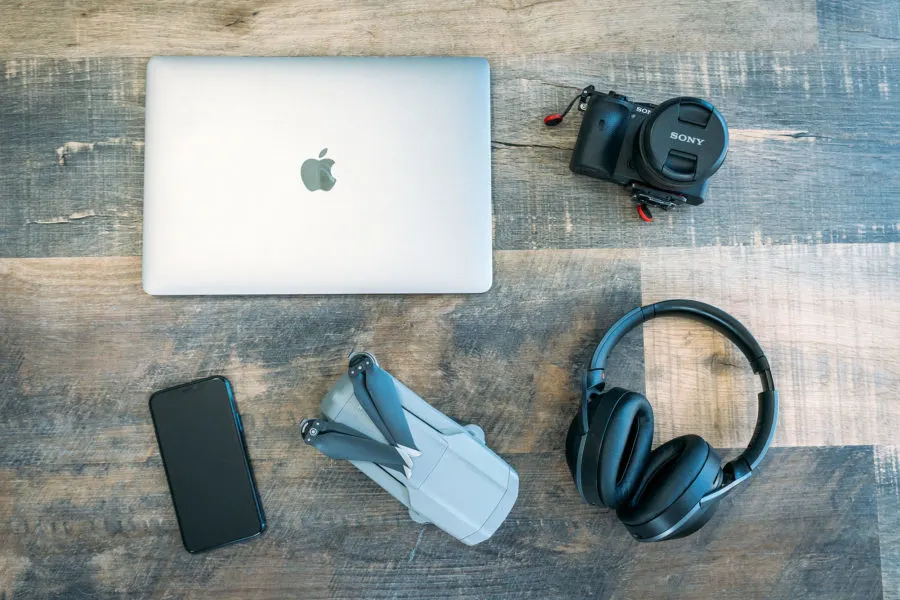
After 10 years of traveling, I have learned many things about safety – some the hard way. Here are some of my top travel safety tips to help you avoid trouble during your trip.
Traveling can be a dangerous experience if you get sick, scammed or robbed.
In Panama, a woman distracted me in a bar and stole my laptop out of a backpack. I thought my laptop was missing until it happened several months later. I was lucky.
A pickpocket stole my iPhone in Mexico. I was able to retrieve it too by chasing him down the street screaming like a madman and brandishing the bottle of tequila. LOL.
My camera in Miami Beach was stolen while I wasn’t looking.
After years of traveling, I have become accustomed to deceitful cab drivers, tour guides who are not sincere, insincere help offers, and the occasional scam or theft.
The world is generally a safe place to travel. But I don’t wish to scare anyone! It’s best to be prepared.
Here are some of my top travel safety tips that will help you to minimize the risk of an unfortunate event happening during your trip.
1. Avoid Travel Scams
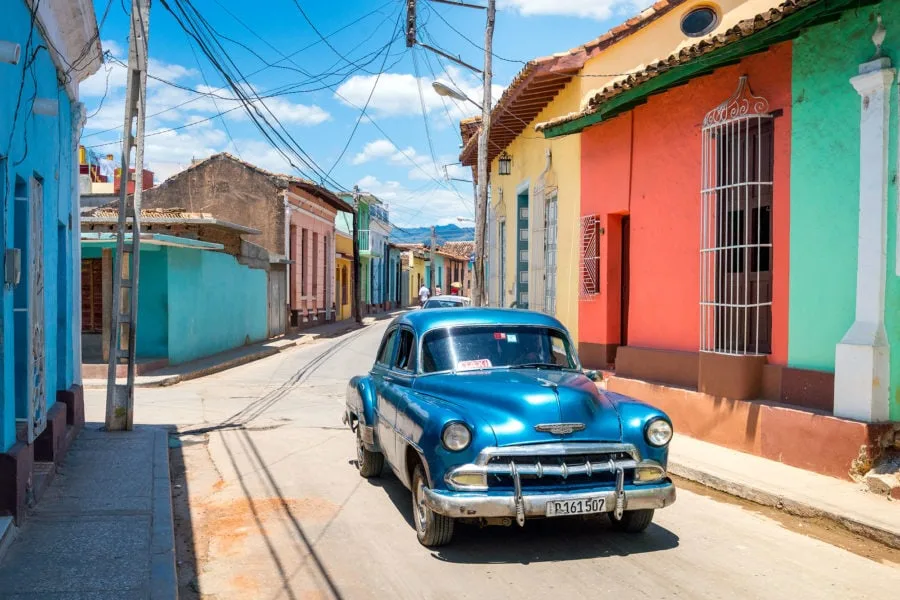
You’ll find con artists everywhere. You might be lucky and they will be obvious, but there are also many more professional, craftier con-artists.
Most people think they are too intelligent to be scammed, but it does happen.
Here are the most popular travel scams that I have come across. You should learn all of them, then use or Google to do more research on the scams that are happening in your destination.
The milk scam in Cuba is a good example. Taximeters in Costa Rica that are “broken”. Or the famous Paris ring scam. There are scams in every country.
This research will help you avoid being scammed out of hundreds or even thousands of dollars, while suffering frustration and misery.
2. Note down emergency information
You may not have the time to look up local numbers for police, ambulances, or embassy directions if disaster strikes. You might also be too stressed or panicked to think clearly.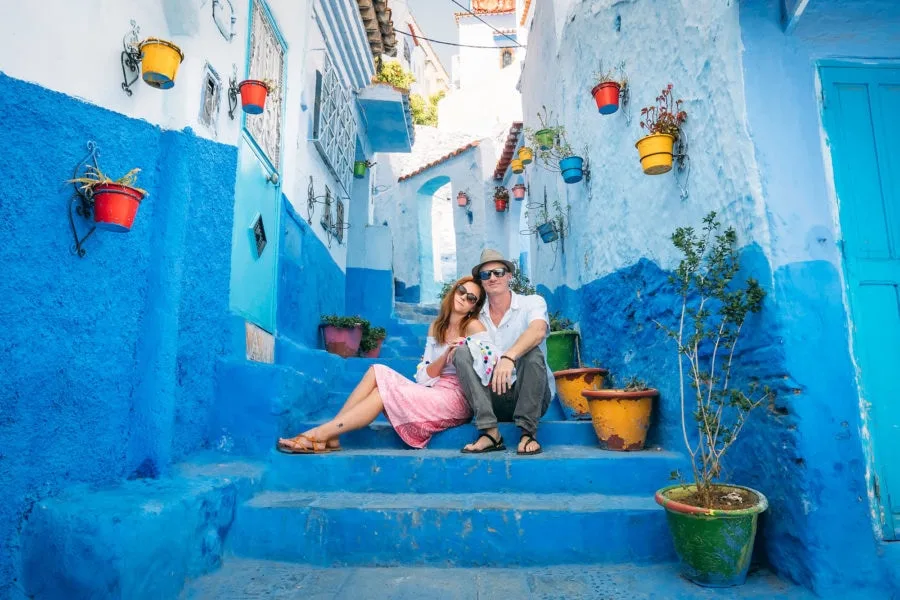
Do not put yourself in this position. Record the information and make an “Emergency Plan”, which you can follow in case things go wrong. You can save it somewhere on your phone (I use Evernote).
You can also write down the information on a small piece of paper or card, laminate it (easily achieved at an office supply store near you) to protect it against moisture and then keep it in your purse/wallet.
You can also store the information in a small thumb drive along with copies your passport and important documents.
If something happens while you are traveling, your documents will be available, and you’ll know who to contact for assistance.
3. Visit The State Department Website
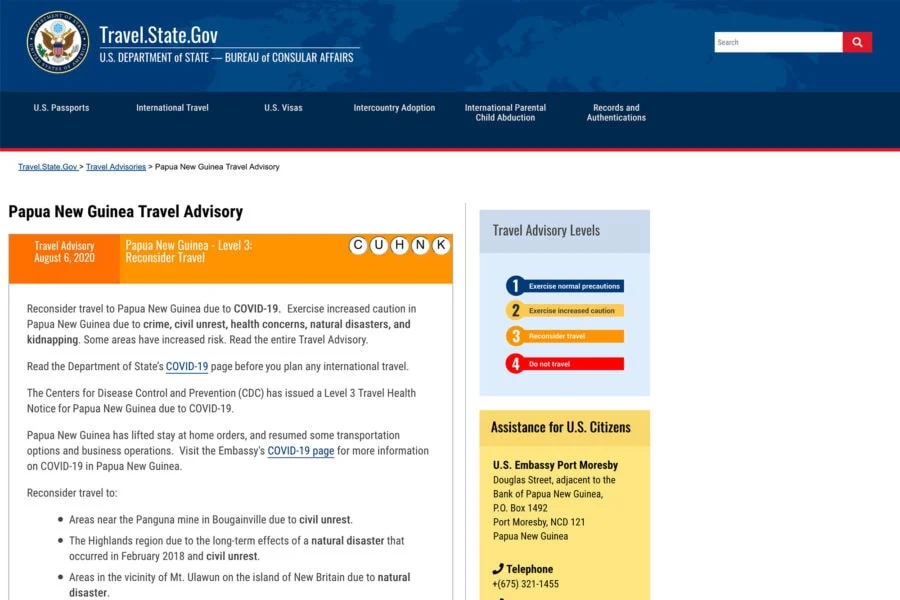
The U.S. Department of State maintains a Travel Advisory Page that lists all current and known threats to visitor safety.
The State Department has a responsibility to alert you to everything that could go wrong. This is often different from what is likely to go wrong.
Their advice is usually very cautious. While you gather more information, consider this.
Researching travel warnings can give you an idea of the current situation in the country that you are visiting and any specific areas to avoid.
You shouldn’t avoid certain countries because they have some problems.
4.Secure Your Valuables

Even if you don’t travel with expensive items, there is always something that you cannot risk having stolen. I travel with expensive camera equipment, for instance.
It is your job to reduce the opportunities for theft.
First, you should know that the majority of backpacks for travel are not very secure. You may think that a bag with a lock or a zipper will deter a thief. So you fall asleep next to the bag. You wake up and find that someone has slashed through the bag’s side.
The material is easily cut or torn, unless it’s a slashproof backpack. Some zippers can be opened with sharp objects, such as a pen.
Keep an eye on your valuables and make sure that you are aware of them. This will prevent someone from stealing without you knowing. I use my backpack to protect myself on routes where there is a high rate of theft. Sometimes, I lock it down using a thin cable like this.
Second, ask your accommodation about safe storage options such as a room-safe, lockers or a locked area. When staying in backpacking hostels, bring your own padlock for your locker.
5.Get Travel Insurance
It’s not until you actually need it that you realize how important it is. You can almost relax if your travel insurance covers you and all of your equipment.
Many people ask me if I am worried about travelling with a computer or camera that is expensive. When I didn’t carry insurance, I was. Now that I have insurance, I am not as worried. If something is stolen, we will replace it.
When traveling, everyone should have some form of property and health insurance. Why? Because stuff happens. It will happen whether you expect it to or not. No matter how careful you believe you are.
SafetyWing is my recommendation for short-term travel coverage. It’s super easy to purchase online. They also cover COVID-19. )
You can combine your photography/computer insurance with TCP Insurance if you plan to travel for a while (like a digital nomad).
6.Don’t do stupid things for photos
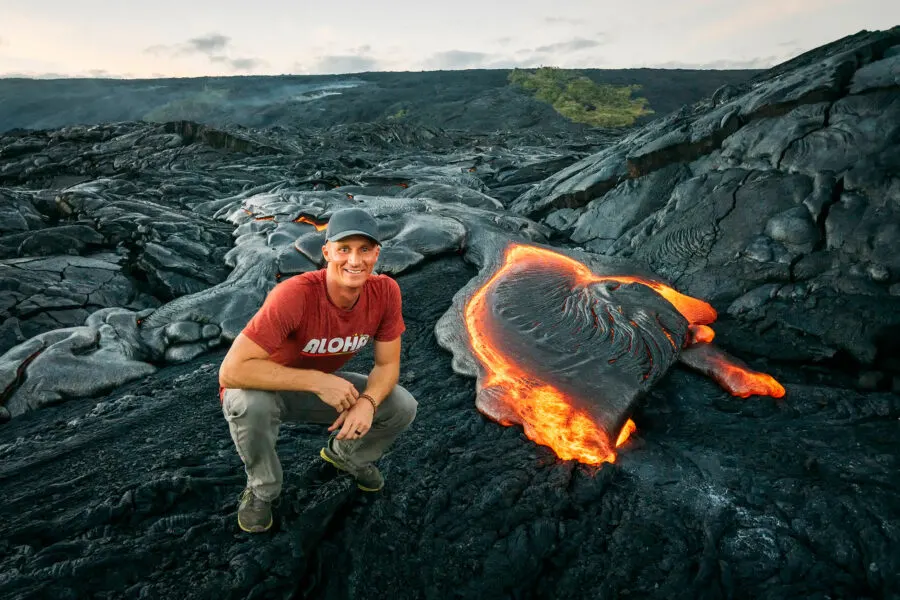
In an age of Instagram and TikTok it can feel like tourists are taking on increasingly dangerous activities to get likes. You hear every week about people who fall off cliffs, or get attacked by wildlife just to take a great photo.
Know your limits! Avoid stupid actions that could lead to injury or death. Although I admit to enjoying a little risk every now and again, I always try to do it in a smart way.
Avoid standing on the edge of any cliff that looks or feels unstable. Be sure to pay attention to warnings and signs wherever you are. Animals are unpredictable, so keep your distance.
Respect the property of others and be sure to respect the privacy of those you encounter.
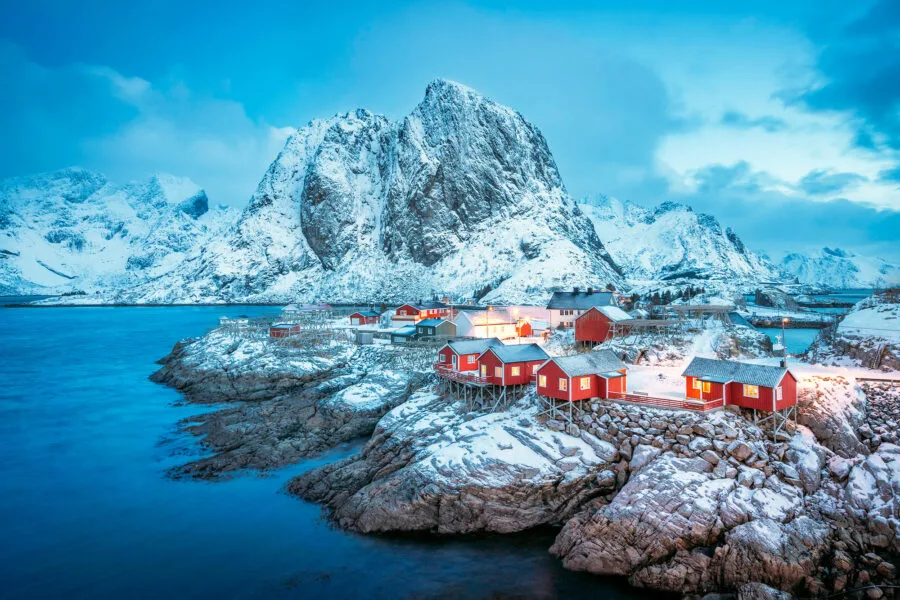
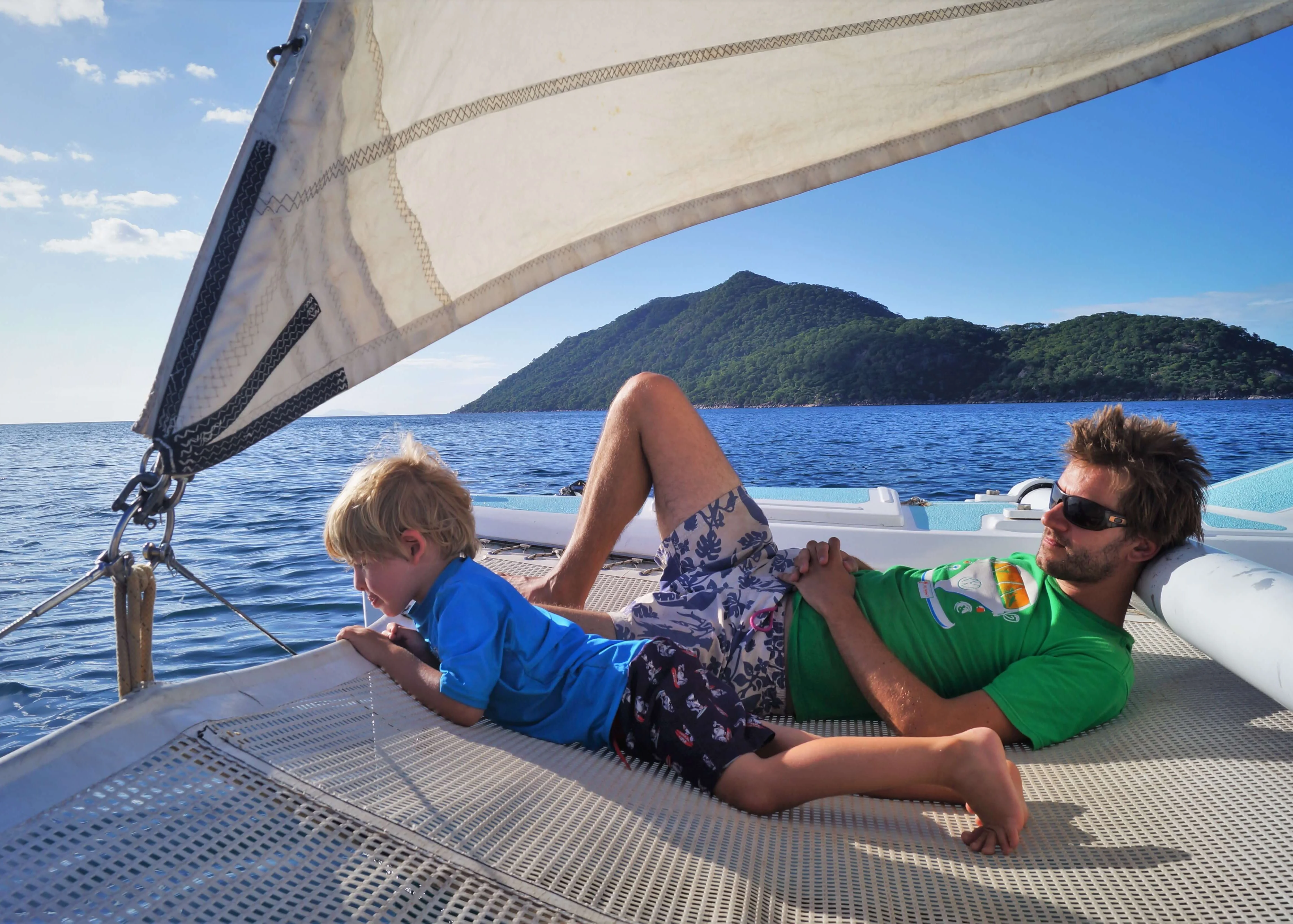


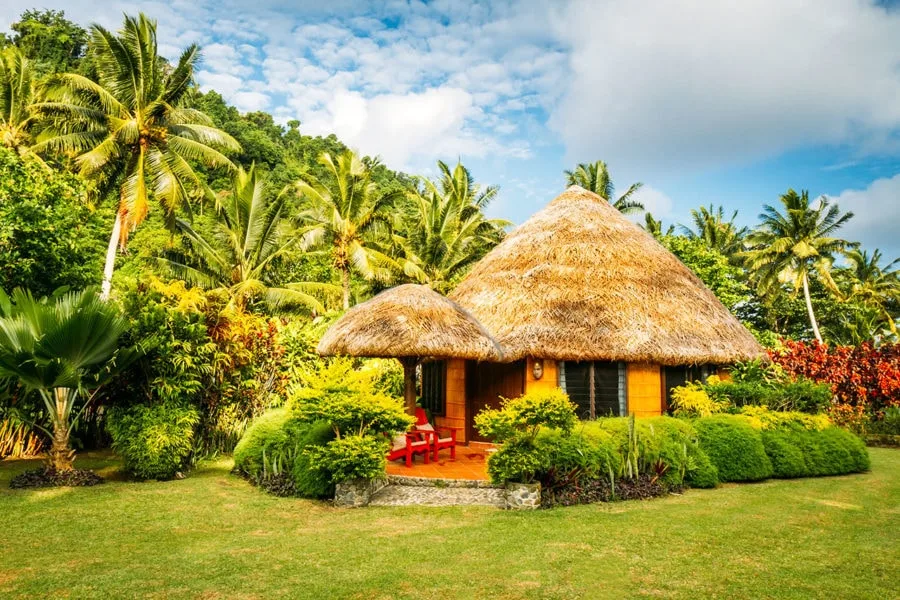
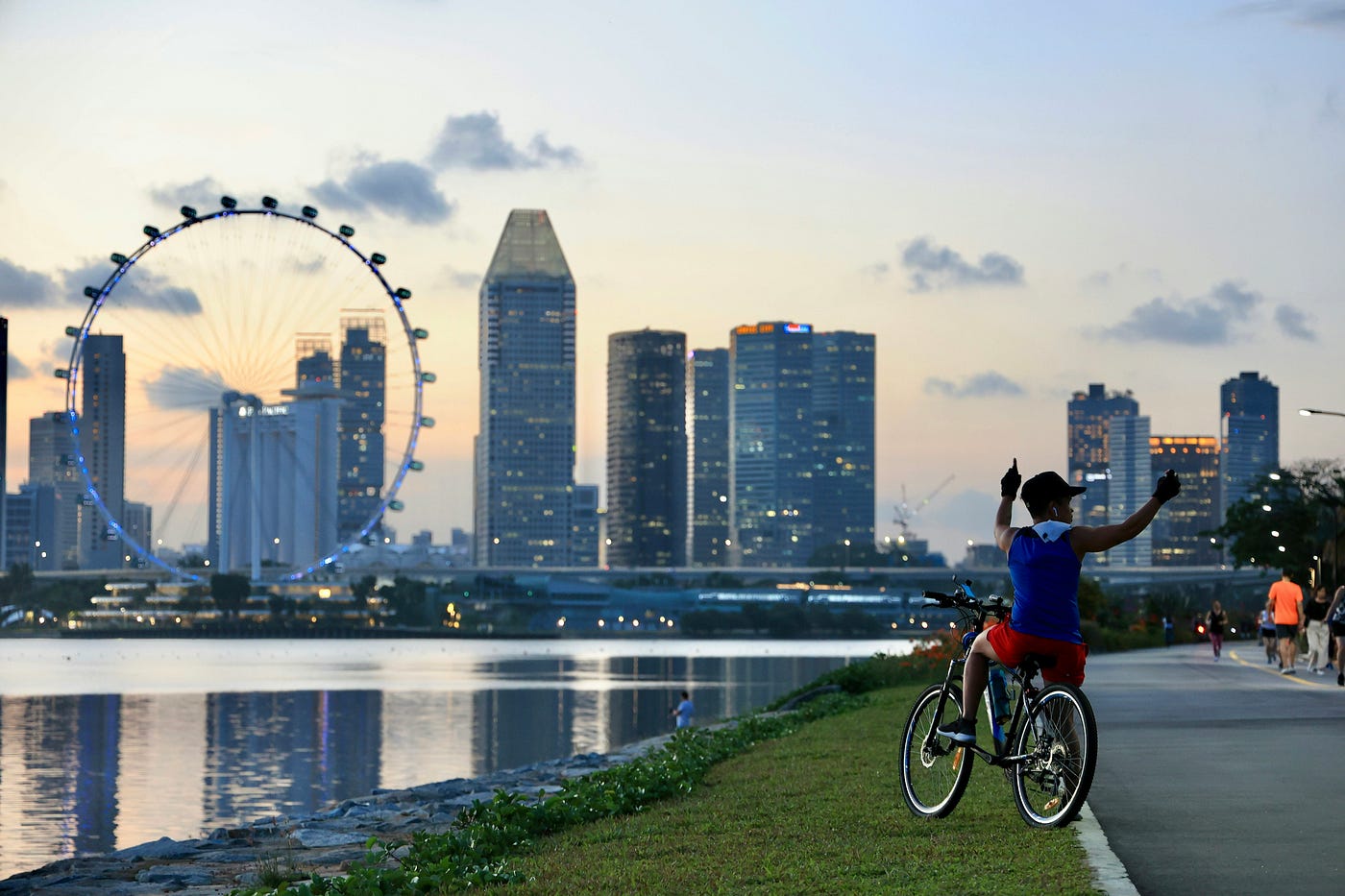
+ There are no comments
Add yours